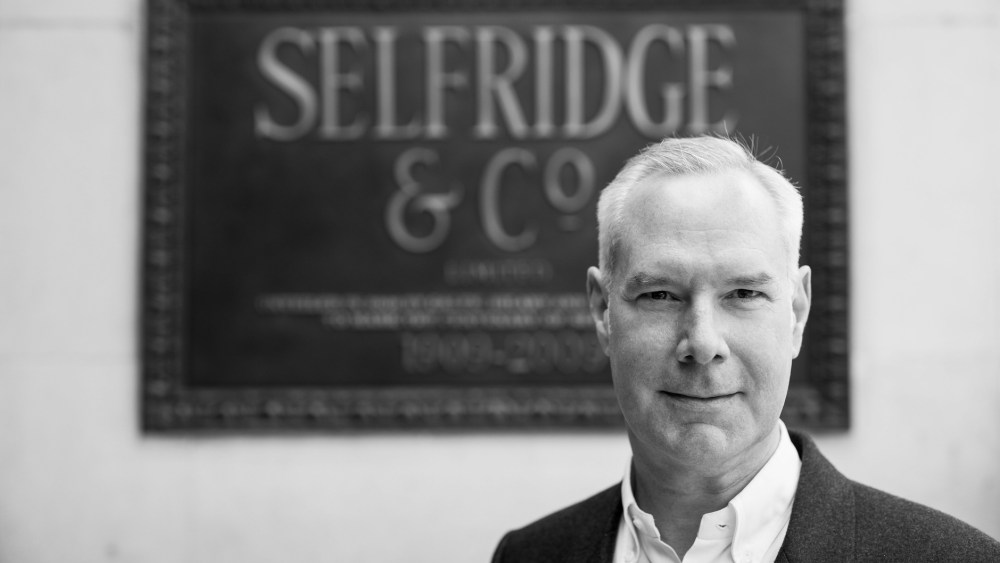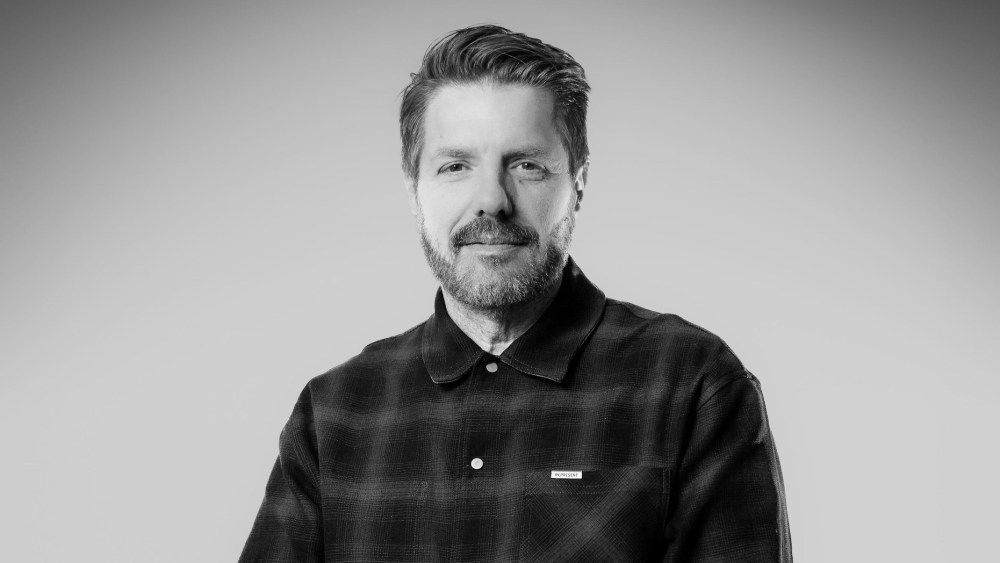Turning a business green may not be easy, but Selfridges sees it as an adventure and wants customers to join the ride.
Andrew Keith, Selfridges’ chief executive officer, believes that customer enthusiasm, agency and action are key in helping the store achieve the punchy sustainability goals it set out in 2022.
That year Selfridges accelerated its net-zero carbon-emissions goal by moving the deadline to 2040 from 2050 as a promise to the Climate Pledge.
The store also set a target of ensuring that at least 45 percent of its transactions (excluding food, restaurants and homeware) come from recycled products or circular services.
“What we’re asking our customers to do is join us in creating this future, and I think that should be fun. Ultimately, we’re heading to a point where enjoyment is possibly more important than actual ownership of product.
“If it happens to save the planet at the same time, then that’s a pretty good thing. The culture of fun is an important one when you’re asking people to think about circularity and to take action around it,” said Keith.
The Selfridges CEO was in conversation with Christian Toennesen, sustainability director at Selfridges Group, and a member of the retailer’s executive team.
Keith added the store was “adamant” that the five “Rs” of its ReSelfridges circularity strategy — resale, rental, repair, refills and recycling — all be customer-facing and easy to understand and execute.
“Overwhelmingly the response from customers has been: ‘Please make this process simple for us, help us make more informed decisions.’ So we’ve tried to keep things as simple as possible, to give the customer more agency to make better, and more informed, fulfilling choices,” he said.
The ReSelfridges strategy has been successful — in parts. Keith said resale sales have quadrupled since 2021. There are now permanent resale destinations in all of the Selfridges stores selling “incredible secondhand product and archival pieces, including from original [Alexander] McQueen runway shows,” he said.
The beauty refill initiative has also been a success, said Keith, adding that Selfridges has helped to get the brands, and the wider industry, to share information and accelerate change.
The rental business has been more challenging. Adult skiwear and certain other categories have been doing well, Keith said, but children’s clothing has not met expectations.
“We thought kids would be a natural winner, but it actually has been pretty underwhelming in terms of customer response. In terms of rental, what we’re learning is that less is more and we’ve got to be a little bit more focused in terms of how we approach it.
“We probably went ahead with an assortment that was too broad at the start, so we’re looking at how we can fine-tune that going forward. It’s really a question of constantly iterating, learning, adapting and changing your approach” as time progresses, Keith said.
Selfridges’ customer-facing strategy is part of the store’s wider vision to marry sustainability with commerce. Keith believes that Selfridges’ efforts will fail if the two goals are not joined and believes staff members are key to the success of the union.
“Every single one of our team members is incentivized toward delivering to our ReSelfridges ambitions. That degree of commitment is fundamental, and authentic to us as a business. When we get behind it, and when we speak to our customers, they know it’s something that is coming really from the heart of the business,” he said.



